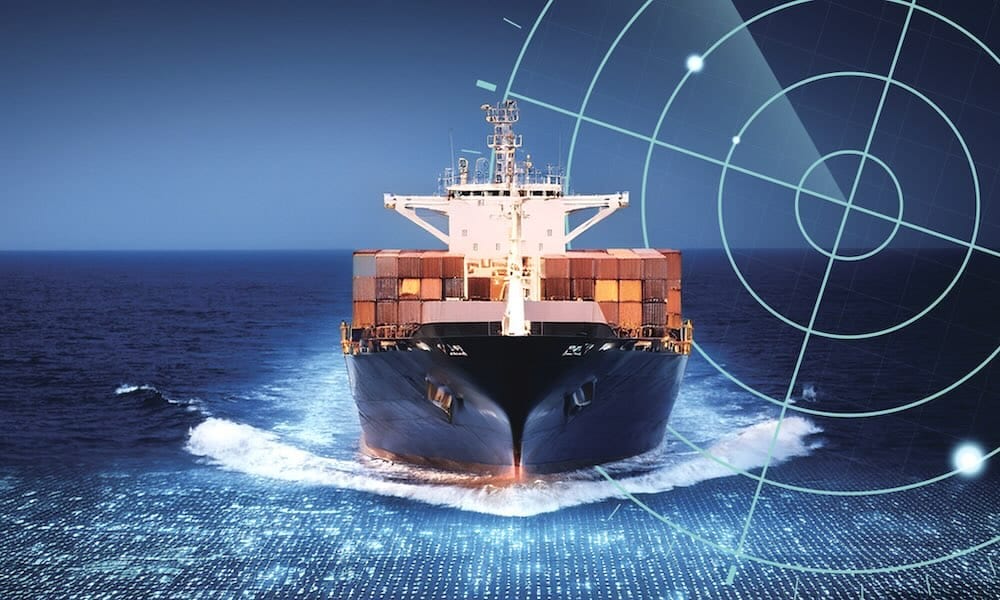Shipping and the era of integrated configurable solutions
AI Revolutionizes Supply Chain Management

Recent advancements in artificial intelligence (AI) are transforming the logistics and supply chain sectors, moving beyond theoretical applications to practical, cost-effective solutions. Companies are now embracing configurable AI systems tailored to their unique operational needs, marking a significant shift from traditional software approaches. This evolution is reshaping how organizations integrate AI into their workflows, unlocking efficiencies and competitive advantages previously unattainable with generic tools.
Transforming Supply Chains with Configurable AI
The landscape of supply chain management is undergoing a profound transformation as businesses increasingly adopt AI technologies. Historically, AI in logistics was viewed as a high-cost experiment, often failing to find its place in real-world applications. However, this perception is changing. Companies are now leveraging configurable AI systems that adapt to their specific data and operational processes, rather than relying on off-the-shelf software or fully customized solutions.
Leading supply chain innovators are collaborating with global systems integrators and consultancies like Accenture, Deloitte, and Palantir. These partnerships allow organizations to analyze their foundational processes and design AI systems that deliver tangible benefits. This collaborative approach not only enhances efficiency but also provides a competitive edge that traditional software cannot match. By focusing on integration and execution, these companies are realizing the true potential of AI, moving beyond mere algorithm development to embedding AI seamlessly into their existing business frameworks.
Experts emphasize that the real value of enterprise AI lies in its integration with current systems. Advanced AI models are being developed, but their effectiveness hinges on how well they mesh with legacy infrastructures and data flows. Organizations that prioritize understanding and transforming their underlying processes before implementing AI tools are better positioned to bridge the gap between AI’s potential and its actual impact. This strategic focus on process transformation, rather than technology for technology’s sake, is crucial for achieving productivity gains.
Navigating Costs and Complexities of AI Adoption
Despite the decreasing costs associated with AI development, organizations must not overlook the ongoing expenses tied to running AI-powered systems. Maintenance, compliance, training, and integration all contribute to a steady demand for specialized support and expert services. Forward-thinking supply chain leaders recognize that true innovation requires upgrading infrastructure, such as data lakes, and migrating systems to multi-tenant cloud platforms while navigating regulatory complexities.
The evolving landscape also sees a convergence between software vendors and consulting firms. Many software providers are now acting as consultative partners, while consulting firms are delivering solutions that function like software products. This hybrid model allows for the creation of tailored solutions that leverage powerful foundational models, fine-tuned to meet each company’s specific operational challenges.
Legendary abandoned cruise ship SS United States left to rot for 30yrs makes
As AI continues to evolve, it is clear that it is not a one-size-fits-all solution. Instead, it represents a strategic capability that must align with the realities of business processes. The next chapter of enterprise AI in supply chains and logistics will focus on configurable, deeply integrated solutions that deliver measurable value. In an industry characterized by complexity and variability, this bespoke configurability is essential for success.
